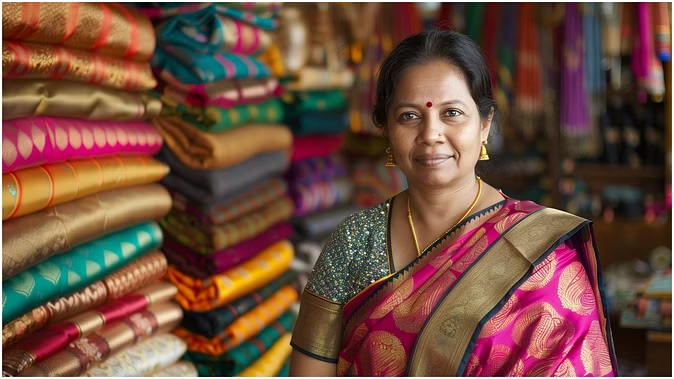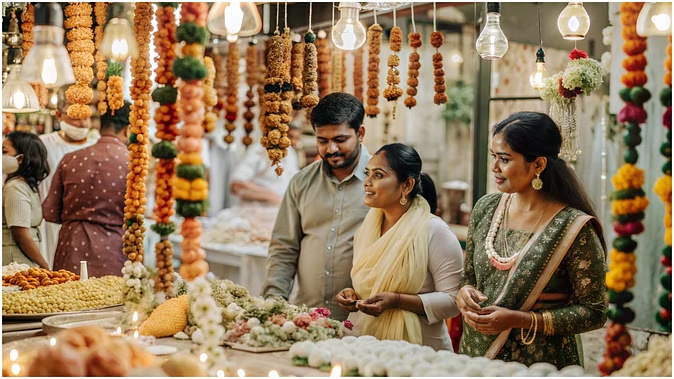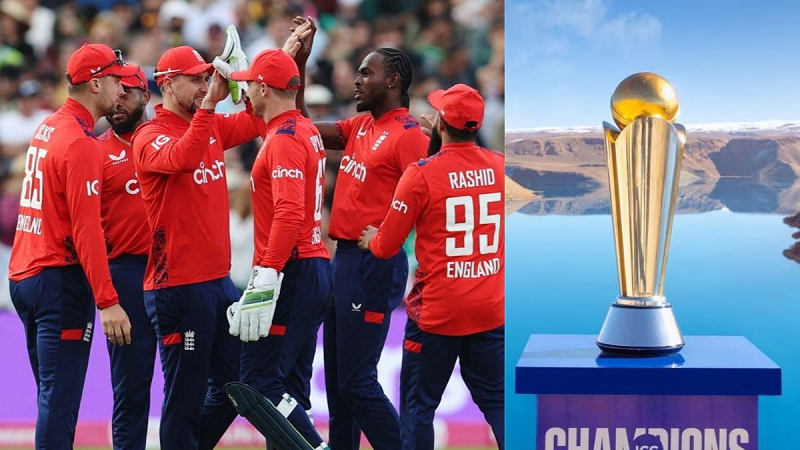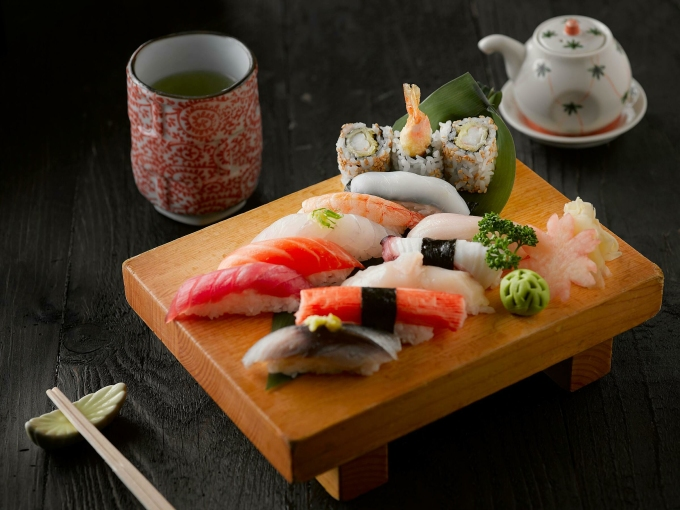When you go to the market, you must also do the price and you will also be happy to buy your favorite thing at the right price. Psychologists consider this value to be a 'special art' in life, which not only requires good dialogue skills but also understanding, patience, and confidence.

"I always buy clothes from your shop and you are speaking so much price!"
"No, Madam ji, not even a penny will be less than 500 rupees."
"Oho! What are you talking about brother? Mishra's aunt bought this saree from the previous shop for Rs 300. ”
"Madam ji, the quality of that saree will not be good. Come on, take 490, Madam ji. "
"No, no, I will not give more than 350 rupees. If you want to give it? "
"Well, let's not, nor mine." Take it for 450 rupees. "
"Let it live, don't want", the ring finger moved forward. Then the shopkeeper made a voice from behind, "Hey listen, Madam ji, why are you angry?" You are my old customer. Take it for 400 rupees, but do not tell anyone how many rupees you have bought this saree. "
"Okay, brother!" In this way, Anamika confirmed the deal.
By the way, the market has always been in a similar condition, whether it is Rajwada Bazaar in Indore, Godoulia Market of Varanasi, or Chandni Chowk in Delhi. The customers are happy thinking that they got 500 things for 400 rupees and the shopkeeper is happy thinking that the profit was less right, but the sale was done. In Indian society, it is as if it is considered an art. This process has become an integral part of our life. Mole-Bhava is the art of shopping in which a person reduces the price of something with his skill, patience, and cleverness. Interestingly, most people believe that women are more efficient than men in negotiating.
Women's skills
In Indian society, the responsibility of household and family is on the shoulders of women. This is the reason why women have more role in shopping, whether it is daily household items, books, and clothes for children, or festival shopping, women's contributions and decisions are important. It is not only associated with the market but also related to the domestic responsibilities of women.
Women have always managed domestic expenses with great efficiency. They buy the best and most affordable items on a limited budget and in this process, it becomes a part of their skill. Statistics suggest that the share of women in Indian families is more than 80 percent. In such a situation, the value is not only a way to save money, but it is also a symbol of decision-making ability and economic understanding.

Satisfaction
Often men question women, "What do you get in the middle of such a market?" Whose experts answer, "Self-conscience." Those who believe in the bargain never prefer to buy goods from a price shop, because at such shops they are unable to do the best and they do not get satisfaction while shopping. The customer seems to go to these shops and he should not be cheated! Anyway, this belief has been going on for generations that men handle the management outside the house and women inside the house. Therefore, women in Indian society are traditionally considered the manager of the family.
Since childhood, they have been taught household things. How to run the house at the least cost, this skill women often inherit from their grandmother and mother. Women have the responsibility of home financial matters and the head of the family expects them to save. They fulfill their small and big needs with this amount. To fulfill this responsibility correctly and effectively, women resort to strategies like mole.
(PC: Adobe stock)










